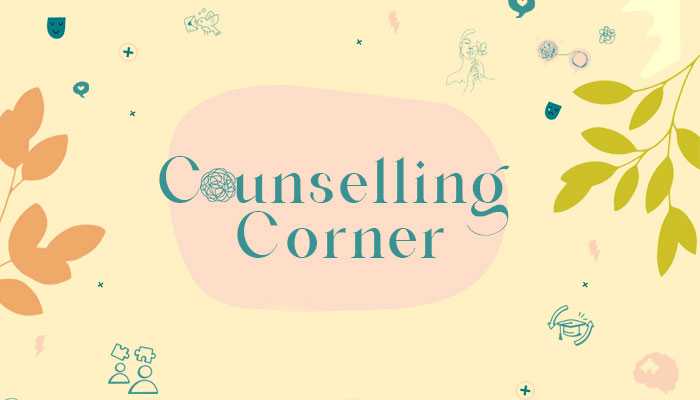Achi news desk-
“Do you think this is some kind of compulsive behavior?” A shopping questioner seeking advice on an expensive addiction
Hi animal,
I’m in my late 30s and obsessed with shopping. But I feel it’s not normal anymore. Before, I thought I just liked getting new things, which I still do, but it’s become so addictive now that I end up spending a good portion of my income on shopping for various things including clothes, jewelry, bags, cutlery, bedding, etc. .
I also really struggle with managing my finances because of this habit. As much as I want and plan to save, keeping any money aside for rainy days remains a far-fetched dream. On the other hand, the pressure of showing up to meet friends and spending time in fancy dining places has also affected my budget, especially in light of the ever-increasing inflation.
I am single and mostly spend on myself, but I do contribute to pay bills and some other small expenses at home along with other family members. But this habit of mine leaves me in trouble every month.
Do you think this is some kind of compulsive behavior? Am I normal that I shop or is it too much? I’m really worried because I don’t want to break completely and right now I’m just hanging on by a thread. please help me!
– A concerned shopaholic

Dear Concerned Shopper,
It sounds like you are going through a challenging time, and I appreciate you sharing this with me. It’s clear that your shopping habits are causing you significant distress, especially in terms of your finances and your ability to save for the future, and it’s very brave of you to admit to yourself that you’re struggling.
It’s not uncommon for people to find shopping a convenience or a distraction, but when it starts to affect your financial stability and overall well-being, it’s important to address it.
From what you’ve described, it sounds like your shopping behavior has become compulsive. Compulsive shopping, often referred to as compulsive buying disorder, is characterized by an overwhelming urge to shop and difficulty controlling that urge, despite the negative consequences it may have on one’s finances, relationships, and emotional well-being.
It’s not about whether it’s ‘normal’ or ‘abnormal’, each person has their own definition of what might be normal for them, but a concern about how it affects you negatively, increases your worries and your ability to enjoy your life the way you feel supplier.
Let’s look at what might be driving this compulsive behavior.
To understand why we do something we need to understand what makes us behave that way.
Often, compulsive behaviors are coping mechanisms. Fear-based responses to what we would be forced to feel if we looked within. They are masks for the things we run from or hide from. The act of purchasing new items can provide a temporary sense of satisfaction.
Underneath the compulsion can be unresolved emotions such as unresolved stress, anxiety, unresolved childhood wounds, negative body image, low self-worth, lack of self-acceptance or something else that you will need to work on and resolve with a therapist who will help you understand and connect the underlying issues that contribute to your compulsive behavior .
This may involve going back to your childhood to understand what makes you the person you are today, understanding your patterns, as well as learning to identify and challenge negative thoughts and finding alternative ways to live a life that feels fulfilling to you, ways to deal with stress. and emotions and set realistic financial goals.
Remember, seeking help is a brave step and half of our battles are won when we seek support. The fact that you recognize this is a problem is commendable. With support and guidance, you can regain control of your shopping habits and improve your overall well-being. You have the strength and resources available to work towards finding a healthy balance and being in the driver’s seat of your life.
Successfully!
Come on

Chaya Malik is a psychotherapist, neuro-linguistic programming (NLP) practitioner, organizational well-being strategist and trainer with expertise in creating organizational cultures that focus on well-being and raising awareness around mental health.
Send her your questions [email protected]
Note: The above advice and opinions are the author’s and specific to the query. We strongly recommend our readers to consult relevant experts or professionals for personalized advice and solutions. The author and Geo.tv bear no responsibility whatsoever for the consequences of actions taken based on the information provided here. All published excerpts are subject to editing to improve grammar and clarity.


